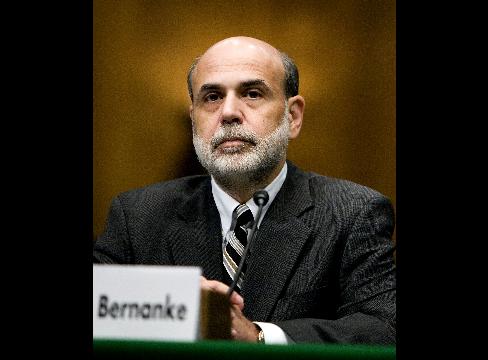Perhaps the most alarming slice of twentieth-century U.S. political history is virtually unknown to the general public, including most scholars of American history.
In 1934 a special Congressional committee was appointed to conduct an investigation of a possible planned coup intended to topple the administration of President Franklin D. Roosevelt and replace it with a government modelled on the policies of Adolf Hitler and Benito Mussolini. The shocking results of the investigation were promptly scotched and stashed in the National Archives. While the coup attempt was reported at the time in a few newspapers, including The New York Times, the story disappeared from public memory shortly after the Congressional findings were made available to president Roosevelt. It was the recent release from the Archives of the Congressional report that prompted the BBC and Horton commentaries.
Related article: G. W. Bush and Adolf Hitler signed a Directive 51
The Congressional committee had discovered that some of the foremost members of the economic elite, many of them household names at the time, had indeed hatched a meticulously detailed and massively funded plot to effect a fascist coup in America. The plotters represented prominent families – Rockefeller, Mellon, Pew, enterprises like Morgan, Dupont, Pew, Remington, Anaconda, Bethlehem and Goodyear, along with the owners of Bird’s Eye, Maxwell House and Heinz. Totaling about twenty four major businessmen and Wall Street financiers, they planned to assemble a private army of half a million men, composed largely of unemployed veterans. These troops would both constitute the armed force behind the coup and defeat any resistance this in-house revolution might generate. The economic elite would provide the material resources required to sustain the new government.

